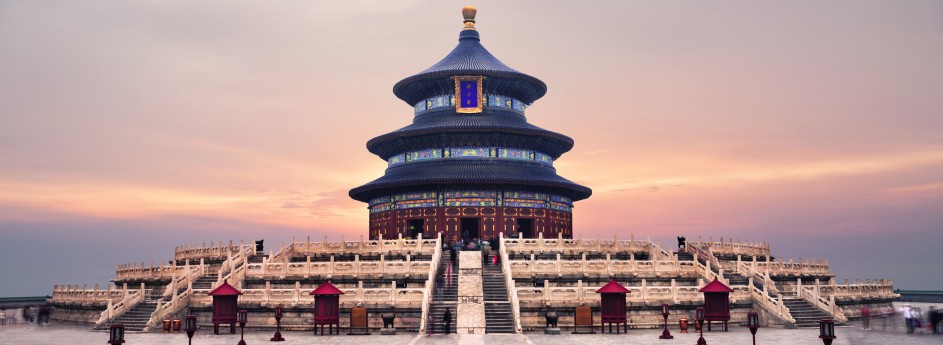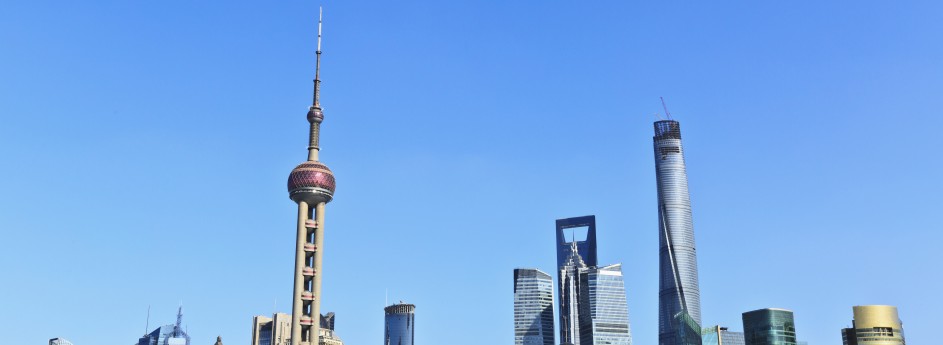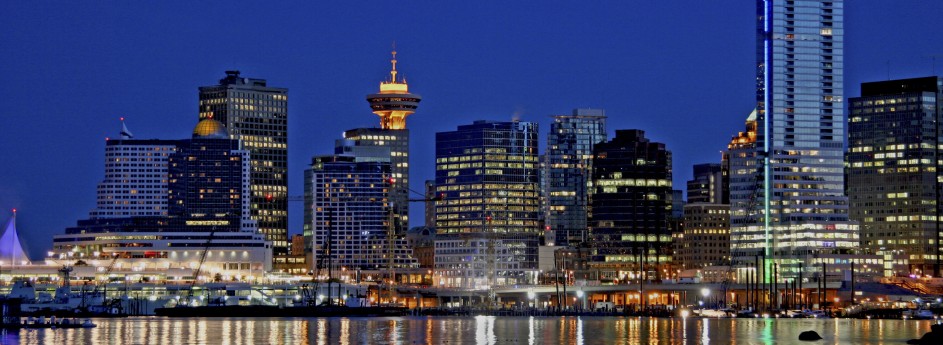Jimmy Lai Gets a Taste of His Own Medicine
Next Media boss Jimmy Lai Chee-ying is considering seeking a court order to bar people from blockading Apple Daily newspaper’s headquarters, Next Media’s host Li Wei-ling said.
Delivery of Apple Daily newspapers was delayed for a couple of hours yesterday after several dozen anti-Occupy protesters blocked all three entrances of its offices in Tseung Kwan O Industrial Estate and prevented trucks from entering or leaving the premises.
That came a day after protesters appeared at Next Media’s headquarters on Chun Ying Street to rail against what they regarded as biased coverage of the Occupy movement by its newspaper.
Unable to clear the protesters by force, as there were children, the company used two cranes mounted on trucks to move the newspapers.
A vendor in Mong Kok said he got just 30 copies of the paper, compared with 100 on a normal day.
– The Standard (HK)
US Opposes China’s Proposed Asian Infrastructure Bank
While the Western press has been fixated with trying to magnify Hong Kong’s ‘storm in a teacup’ to typhoon levels, the world has failed to notice a small yet highly contentious facet of US-China competition, this time over multilateral financial institutions. Over the past few months, the US has mounted a quiet, steady and determined diplomatic effort against China’s proposal to set up the Asian Infrastructure Investment Bank (AIIB). The new bank could rival multilateral development banks such as the Asian Development Bank (ADB) headed by key US ally Japan and in which the US and Japan dominate in subscribed capital and voting power.
About a year ago, Chinese President Xi Jinping first mentioned the idea of a new bank to help ease the cash crunch for many of Asia’s much needed infrastructure projects. Registered capital for the proposed bank would be US$50 billion at the outset but could/would be raised as needs dictated. By comparison, the ADB has about US$78 billion in capital, including retained earnings and borrowings. The World Bank (WB) estimates developing country infrastructure needs at US$1 trillion a year with Asia taking up a considerable chunk of that which, according to the ADB’s 2009 projections, could total as much as US$8 trillion by 2020. .
As of late September, 21 countries have expressed interest in the plan at a meeting held in Beijing, including close US allies Australia, the Philippines, South Korea, and Singapore as well as large Asian countries India and Indonesia. Rich Middle Eastern states Qatar and Saudi Arabia have been persuaded to pitch in. Normally cautious about joining anything proposed by China, India said it had some concerns but would most likely join, especially because the AIIB would provide low-cost funds and geopolitically, its arch rival Pakistan and closest neighbours Bangladesh and Sri Lanka are expected to put their lot in with the bank. In terms of voting rights structure, India may get as much as 19% based on the size of its economy and China about 42%, both much more than their rights within the ADB. Currently, Japan and the US hold 15.67% and 15.56% respectively compared to China’s 6.47% and 6.357% for India.
So, what’s the American tantrum about?! Well, the US Treasury Department blasted the bank as a deliberate attempt by China to undermine the multilateral financial structure represented by the WB, IMF, and ADB since after WWII and in so doing exerting its geopolitical ‘soft power’ within the region in a bid to pull more countries into its orbit. Quoted recently in the New York Times, a senior Obama Administration Treasury official who wished to remain anonymous questioned the added value such a new institution would bring to the current policy apparatus, citing a litany of issues/concerns: undercutting environmental and other standards in a race to the bottom; lowering procurement requirements and other safeguards; lifting restrictions on coal-fired power plants put in place by the WB due to global warming concerns; and similarly undermining restrictions on dam building where local residents are displaced, and so on. .
But policy specialists are unsure about many of the assumptions underlying the Obama Administration’s objections. Calling American opposition “churlish”, Peter Drysdale, a Australia National University economist who has advised the Australian government, was quoted by CNBC as saying the suggestion that the bank would be prone to adopting looser standards or approving loans with fewer (WB instituted) ‘hindrances’ is sheer “nonsense” since “the Chinese are inviting participation in funding and governance”. Clay Lowery, a former US Treasury official in the second Bush Junior Administration indicated the Chinese plan “could be a positive development – potentially a great way to get Asian countries to work together on significant financial needs in the region.”
Meanwhile, over the weekend, commenting on the state of global economic malaise and “paltry job creation” around the world, IMF Managing Director Christine Lagarde emphasized that infrastructure investment serves as a great booster for job generation. “Infrastructure and investment in infrastructure can be a good way to support growth in the short term, by putting people to work, by launching major construction efforts…”, she said. Last July, in contrast to the slant in Obama Administration rhetoric, WB Group President Jim Yong Kim welcomed the Chinese proposal stressing that there was a “massive need” and underscoring, “in order to fight poverty, you need to build infrastructure”.
America’s tiff against the AIIB could heighten over the coming weeks/months as China hosts the APEC summit in Beijing in November. At the conclave, Obama most likely will hold side meetings with his South Korean and Australian counterparts in part to urge them to abstain from joining the AIIB. Last summer, on a state visit to South Korea, President Xi had invited the host country to join in. President Park Geun-hye publicly praised the plan, saying it would consider joining it, but it was later disclosed that South Korea had lingering concerns over the bank’s key decision-making. A White House Korea specialist had openly criticized the proposed bank in an interview with the Yonhap News Agency, adding that the WB and ADB are taking steps to increase their lending capacity. A ADB official had earlier intimated that the planned AIIB would constitute competition for his bank and those worries are prompting the ADB to look at ways to streamline its approval procedures.
Well, at least the American attacks are generating some impetus for reform!
Hong Kong Could Never Be Tiananmen 2.0: Comment
This opinion piece featured on Reuters online on the ongoing Hong Kong protests echoes strongly the thrust of a previous post made by this author.
As was emphasized, the Beijing of 1989 is not the Hong Kong of 2014. Back then, Beijing’s leadership was divided and disgraced CPC General Secretary Zhao Ziyang essentially used the students in his power struggle to gain the upper hand. The students had garnered widespread support from a broad spectrum of society.
Hong Kong is about a small minority, the most impassioned of who are mainly hormone-overdriven students, illegally blocking the streets of Central to the dismay and inconvenience of virtually everyone else, old and young, businessmen or worker, and tourists.
Aside from the profound differences in character, let’s not make a mountain out of a mole hill – electoral reform in Hong Kong, a city of 7 million, under ‘One Country, Two Systems’ can hardly become the template for reform on the mainland where 1.35 billion people reside. And it’s not going to spread there, either, at least for decades.
So, enough of linking Hong Kong to Tiananmen already! But, as other previous posts have revealed, there are those in the Occupy Central camp that wished for blood to be shed.



